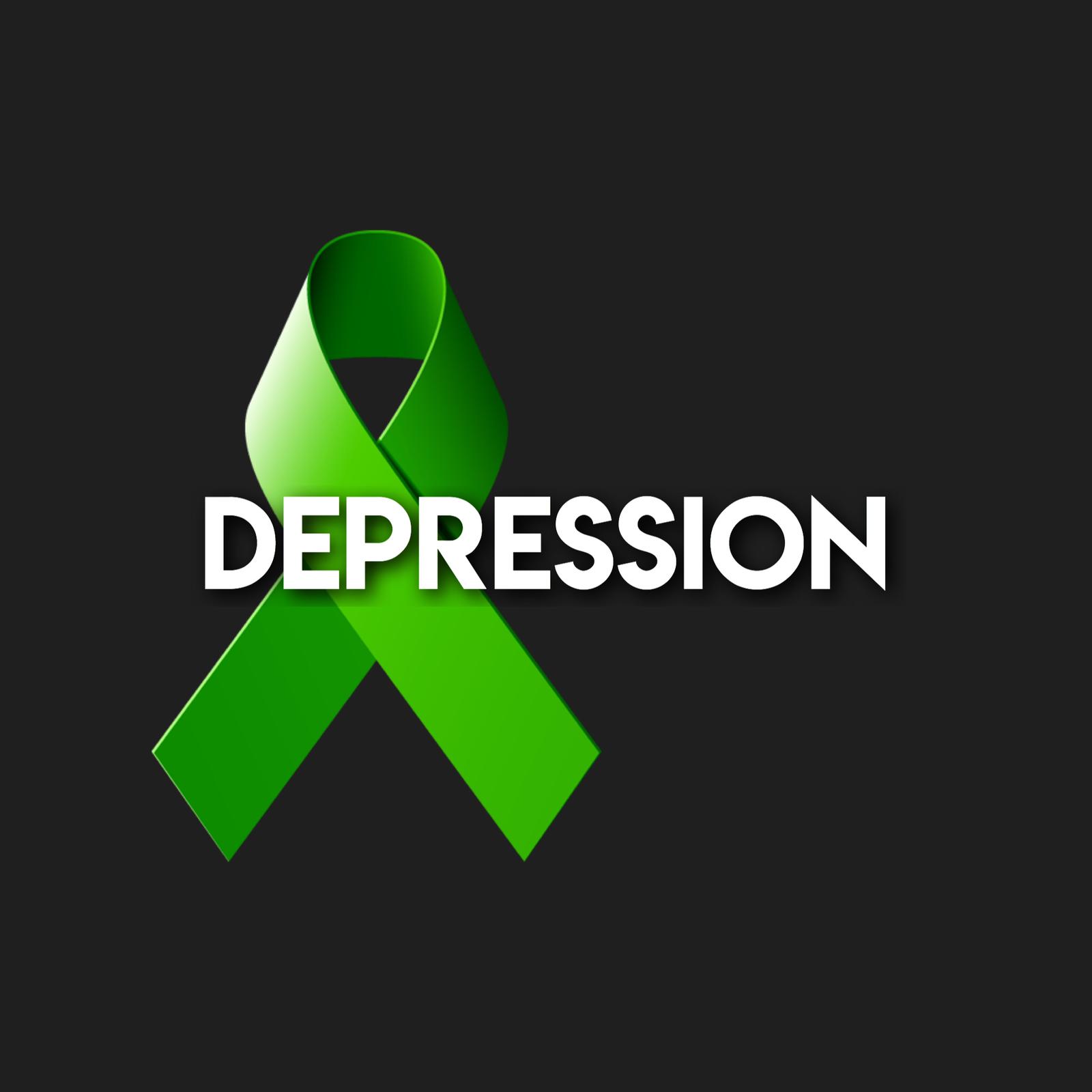Depression
What Is Depression?
Depression is a common and serious medical illness that negatively affects how you feel, the way you think and how you act. Fortunately, it is also treatable. Depression causes feelings of sadness and/or a loss of interest in activities once enjoyed. It can lead to a variety of emotional and physical problems and can decrease a person's ability to function at school and at home.
Causes
It's not known exactly what causes depression, but a variety of issues may be involved. These include:
Hormones. Changes in the body's balance of hormones may be involved in causing or triggering depression. This is most common in females.
Inherited traits. Depression is more common in people whose blood relatives - such as a parent or grandparent - also have the condition.
Early childhood trauma. Traumatic events during childhood, such as physical or emotional abuse, or loss of a parent, may cause changes in the brain that make a person more susceptible to depression.
Learned patterns of negative thinking. Youth depression may be linked to learning to feel helpless - rather than learning to feel capable of finding solutions for life's challenges.
Symptoms
Depression early symptoms can vary from mild to severe and can include:
- Feeling sad or having a depressed mood
- Loss of interest or pleasure in activities once enjoyed
- Changes in appetite - weight loss or gain unrelated to dieting
- Trouble sleeping or sleeping too much
- Loss of energy or increased fatigue
- Increase in purposeless physical activity (e.g., hand-wringing or pacing) or slowed movements and speech (actions observable by others)
- Feeling worthless or guilty
- Difficulty thinking, concentrating or making decisions
- Drug and substance abuse.
- Thoughts of death or suicide
Treatment
Depression is among the most treatable of mental disorders. Between 80 percent and 90 percent of people with depression eventually respond well to treatment. Almost all patients gain some relief from their symptoms.
Medication: Antidepressants might be prescribed to help modify one's brain chemistry. Generally, antidepressant medications have no stimulating effect on people not experiencing depression. Adequate intake of medication ensures a speedy recovery to depressed people.
Psychotherapy: Psychotherapy, or "talk therapy," is sometimes used alone for treatment of mild depression; for moderate to severe depression, psychotherapy is often used in along with antidepressant medications. Cognitive behavioral therapy (CBT) has been found to be effective in treating depression.
Psychotherapy may involve only the individual, but it can include others. For example, family or couples therapy can help address issues within these close relationships. Group therapy involves people with similar illnesses.
Depending on the severity of the depression, treatment can take a few weeks or much longer. In many cases, significant improvement can be made in 10 to 15 sessions.
Prevention
There's no sure way to prevent depression. However, these strategies may help. Encourage your teenager to:
Take steps to control stress, increase resilience and boost self-esteem to help handle issues when they arise
Reach out for friendship and social support, especially in times of crisis
Get treatment at the earliest sign of a problem to help prevent depression from worsening
Maintain ongoing treatment, if recommended, even after symptoms let up, to help prevent a relapse of depression symptoms

